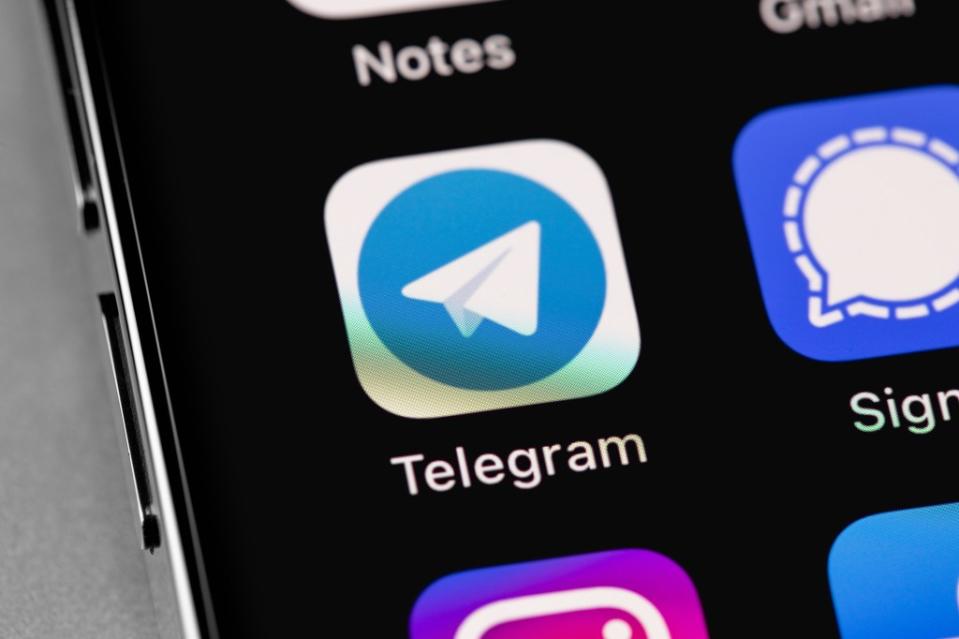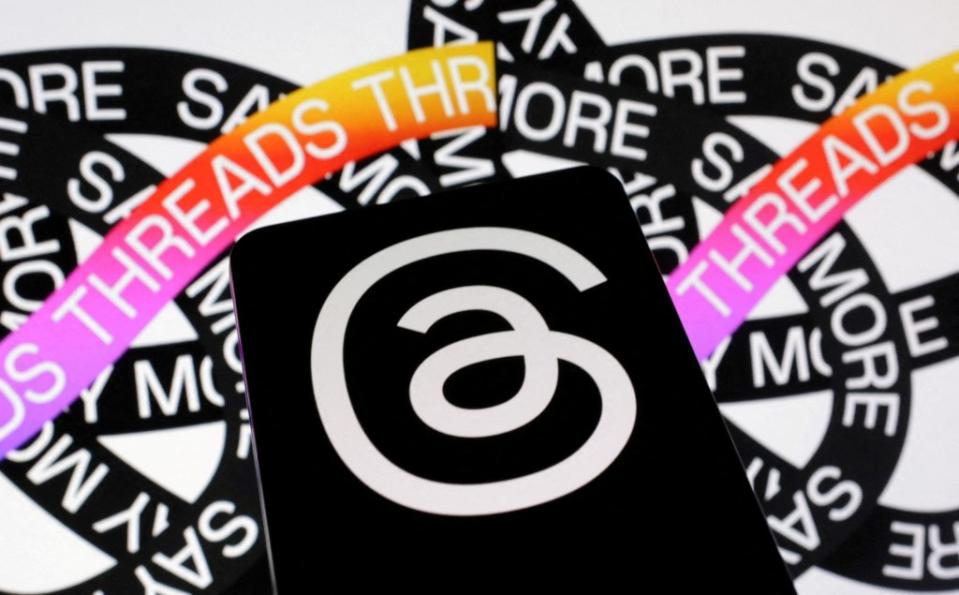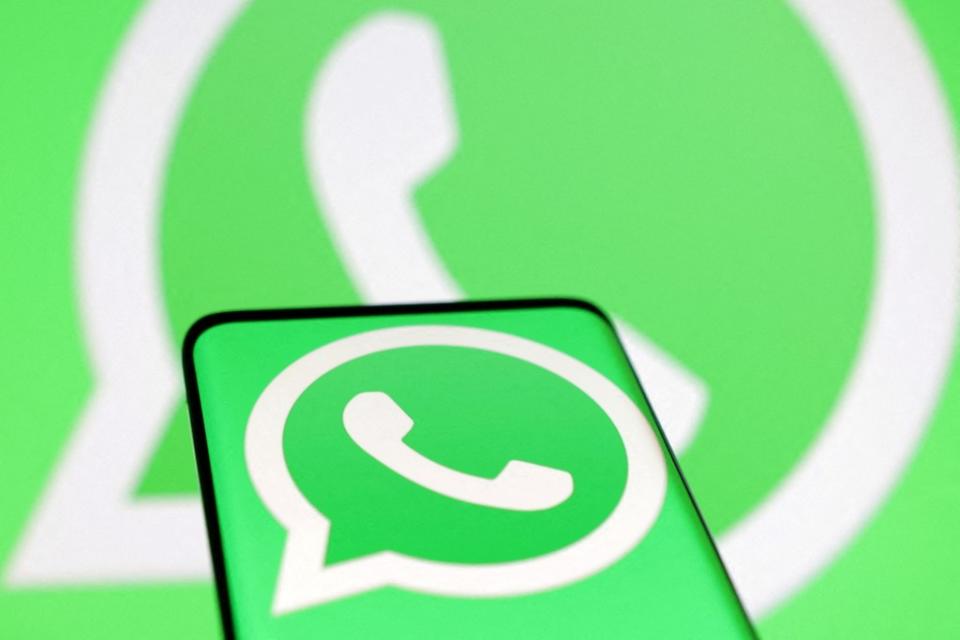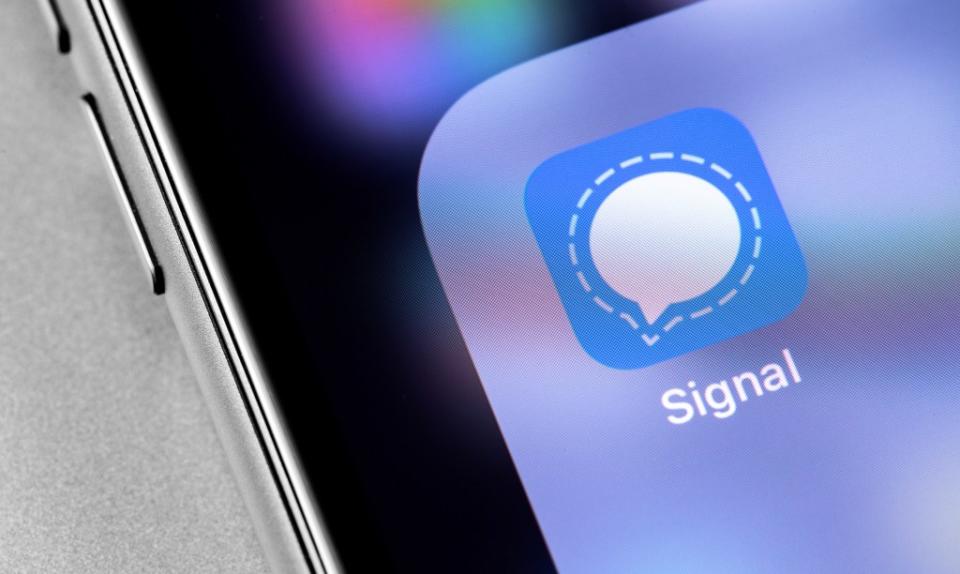Apple removes WhatsApp, Threads from App Store in China after demand by Beijing over security concerns

Apple on Friday removed WhatsApp and Threads from its App Store in China after being ordered to do so by the Chinese government, which cited national security concerns — raising new worries over censorship by Beijing’s Communist regime.
Two other popular foreign messaging apps — Telegram and Signal — were also removed from the app store on Friday, according to app tracking firms Qimai and AppMagic.
The removal of the four apps suggests growing intolerance on the part of China’s central government towards at least some foreign online messaging services that fall outside of its control. It also signals less leeway for Apple in China, the tech giant’s most important market outside the US.
“The Cyberspace Administration of China ordered the removal of these apps from the China storefront based on their national security concerns,” Apple said in an emailed statement.
“We are obligated to follow the laws in the countries where we operate, even when we disagree,” the statement said.

China’s Cyberspace Administration, the governmental regulatory arm of the Chinese government, asked Apple to remove the apps because they contain political content that includes negative sentiment toward President Xi Jinping.
WhatsApp and Threads are both owned by Facebook parent company Meta Platforms Inc.
Facebook and another Meta property, Instagram, are both banned in China.
A Meta spokesperson told The Post: “We refer you to Apple for comment.”
The Post has sought comment from the Chinese government.
The move by China comes as US lawmakers mull a ban on TikTok, the hugely popular social media app that is owned by ByteDance, a Chinese tech conglomerate based in Beijing.

Signal, Telegram and WhatsApp all offer free messaging services that use end-to-end encrypted technology — meaning that the communication is strictly private and inaccessible to anyone other than those participating in the chat.
China-based users can still access those apps using a virtual private network that can circumvent the country’s “Great Firewall” — the heavy-handed censorship and regulatory framework imposed by the Chinese government on domestic internet usage.

Signal, which offers instant messaging, voice and video call technology, is used by an estimated 40 million people worldwide. It is also banned in China.
None of the four apps pulled from the Apple Store are widely used in China — where Tencent’s WeChat is by far the dominant service.
The four apps remain available in Hong Kong and Macau, China’s two special administrative regions.
Some experts on China’s tech industry said the government order on WhatsApp and Threads could be related to a new rule last August that requires all apps available in China to register with the government or risk being removed.
The deadline for companies to complete registrations was the end of March and the regulations came into effect on April 1.
China has blocked other popular sites and apps including Google, Google-owned YouTube, Pinterest, X (formerly known as Twitter), Tumblr, Blogger and Snapchat.

Despite the ban, Chinese internet users have managed to get around the restrictions through the use of VPNs.
Data cited by The Wall Street Journal shows that Instagram, X, Facebook, YouTube and WhatsApp have been downloaded from Apple’s App Store more than 170 million times collectively over the past decade.
Chinese protesters and demonstrators used social media to organize rallies denouncing the government’s draconian COVID-era lockdown measures during the pandemic.
In response, Apple limited file-sharing for Chinese iPhone users through its encrypted AirDrop feature, which lets people share content with one another if their devices are in close proximity.
Apple is among the few American tech companies that have established a significant business footprint in mainland China.
But the company has come under criticism in the US for bowing to Beijing’s censorship dictates.
In 2021, it was reported by The New York Times that Apple agreed to store the personal data of its Chinese customers in a database whose computer servers are controlled by a state-owned company.

Apple is heavily reliant on China since many of its suppliers who make the components of its top-selling devices such as the iPhone, iPad and AirPods are based in the country.
In recent years, however, Apple has made moves to shift parts of its supply chain to other Asian countries such as Vietnam and India.
Apple CEO Tim Cook said earlier this week that the company was considering the establishment of a manufacturing hub in Indonesia.

 Yahoo News
Yahoo News 
